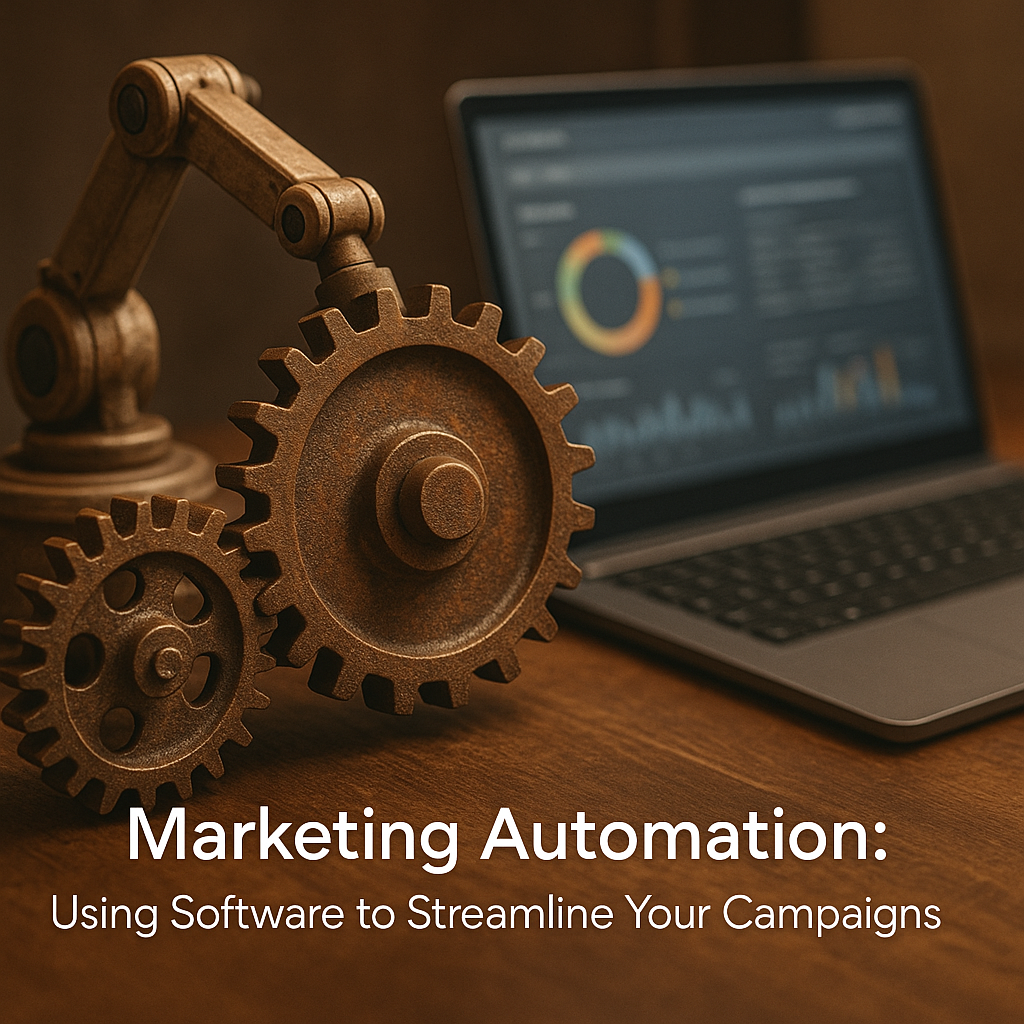The automotive industry is experiencing a transformation powered by artificial intelligence. Entrepreneurs and small business owners are discovering the numerous opportunities AI offers in vehicle manufacturing, design, and customer service. From faster production lines to highly personalized customer experiences, AI is solving challenges and boosting efficiency in innovative ways.
Rethinking Production Processes with AI
Companies around the world are exploring how AI is revolutionizing automotive manufacturing. Advanced machine learning algorithms and robotics not only speed up production but also enhance product quality. Automated quality control systems can detect defects that human eyes might miss, reducing recalls and boosting customer satisfaction.
Many businesses are integrating sensors and data analytics into their assembly lines, resulting in reactive and predictive maintenance systems that minimize downtime and optimize performance. For small business owners, partnering with AI-driven manufacturers or investing in scalable technology can lower long-term costs. This shift not only reduces waste but also streamlines supply chains, providing a competitive edge in a crowded market.
Innovative firms are reimagining production lines with automation, predictive maintenance powered by machine learning, and dynamic supply chain management. These advancements pave the way for an era where AI not only supports human tasks but also drives strategic progress throughout the manufacturing process.
Revolutionizing Vehicle Design and Customer Experience
Artificial intelligence is reshaping vehicle design, offering new possibilities for efficiency, safety, and environmental sustainability. Designers and engineers are using AI tools to create vehicles that excel in performance while protecting the planet. AI-driven simulations allow rapid prototyping and early design adjustments, reducing costly trial-and-error cycles and accelerating innovation.
Vehicle design is becoming increasingly data-driven thanks to AI, with engineers leveraging information from sensors, in-car systems, and driver behavior. This data is integral to optimizing aerodynamics and fuel efficiency while understanding consumer preferences. Entrepreneurs entering the automotive market can harness these insights to better align their products with market demands. For example, insights on advanced manufacturing trends can drive smarter design decisions.
Moreover, AI is personalizing the driving experience. Features such as adaptive cruise control, automated lane-keeping, and predictive navigation enhance driver safety and comfort. The integration of AI is also laying the foundation for future innovations, including fully autonomous vehicles, blending aesthetics with performance and smart technology.
Enhancing Operational Efficiency and Market Strategies
AI is influencing not only manufacturing and design but also overall business operations and marketing strategies in the automotive industry. For small business owners, understanding and using these advanced innovations can be the key to staying ahead. With advanced analytics, companies can monitor market trends, forecast demand, and adjust production in real time.
A significant benefit of AI is the ability to adopt agile business practices. AI-generated insights enable companies to pivot quickly in response to market changes, an essential quality in today’s rapidly evolving technological landscape. By using predictive analytics, entrepreneurs can anticipate shifts in consumer behavior and refine their marketing strategies accordingly.
Many companies now utilize AI-driven customer relationship management tools to tailor marketing messages based on driver habits and preferences. This personalization builds customer loyalty and drives sales by aligning product features with specific market segments. Businesses that harness these tools respond faster and make more strategic decisions, securing a crucial advantage in a competitive market. Read more about Business Strategies and Innovations on our blog.
For deeper insights into modern business practices, visit Make Business, where emerging leaders find case studies, success stories, and expert advice on integrating AI into operational strategies.
Fostering a Culture of Innovation and Collaboration
Embracing AI in the automotive sector is not solely about technology—it’s about nurturing a culture of innovation and collaboration. Entrepreneurs are building teams that blend technical expertise with creative problem-solving, laying the groundwork for continuous improvement and groundbreaking innovation.
Combining human expertise with AI capabilities creates an environment where decision-making is informed and strategic. Leveraging AI for data analysis and pattern recognition empowers human talent and results in comprehensive solutions that address both technical and human challenges.
Collaborations between traditional automotive companies and tech startups are leading to innovative joint ventures, supported by significant public and private investments in research and development. As technology and the automotive industry converge, the possibilities for redesigning how vehicles are built, tested, and marketed are endless.
Entrepreneurs eager to stay at the forefront of innovation should build strong networks by participating in forums, trade shows, and online communities focused on AI and automotive trends. Resources like Forbes offer valuable insights into industry forecasts and technological advancements, helping ensure business strategies remain future-focused.
These collaborative practices are also fostering a more sustainable industry. By using AI to optimize vehicle design and production, companies are reducing waste and improving energy efficiency. This not only appeals to eco-conscious consumers but also positions companies as visionary leaders ready to tackle global environmental challenges.
As AI continues to redefine the automotive landscape, businesses of all sizes can harness these opportunities by combining advanced technology, strategic foresight, and collaborative practices. This integrated approach accelerates innovation and meets the evolving needs of customers.
Small business owners, in particular, stand to benefit from AI innovations because they can swiftly adapt to market trends without the cumbersome layers found in larger corporations. The tools provided by AI create agile operations that quickly respond to shifts in consumer demand, supply chain challenges, and regulatory changes.
The democratization of AI technology has made sophisticated tools accessible to businesses of all sizes. What was once exclusive to large multinational corporations is now available on affordable, cloud-based platforms, empowering small businesses to innovate and compete globally.
By leveraging AI for improved service, enhanced safety, and streamlined operations, companies can unlock new growth opportunities. Whether through energy-efficient manufacturing or data-driven vehicle design improvements, the impact of AI integration is vast and far-reaching.
The journey toward full technological integration in the automotive industry is truly exciting. Entrepreneurs and small business owners have much to gain by embracing AI and balancing its potential with hands-on management. This transformation is a testament to the limitless possibilities when innovation drives the automotive sector.
- AI tools revolutionize production processes, enhancing quality control and supply chain management.
- Vehicle design becomes more efficient and eco-friendly through AI-driven simulations and data insights.
- Operational efficiency and strategic agility improve with AI-powered analytics and personalized customer relationship management.
- Innovative collaboration between human talent and AI paves the way for sustainable advancements in the automotive industry.









